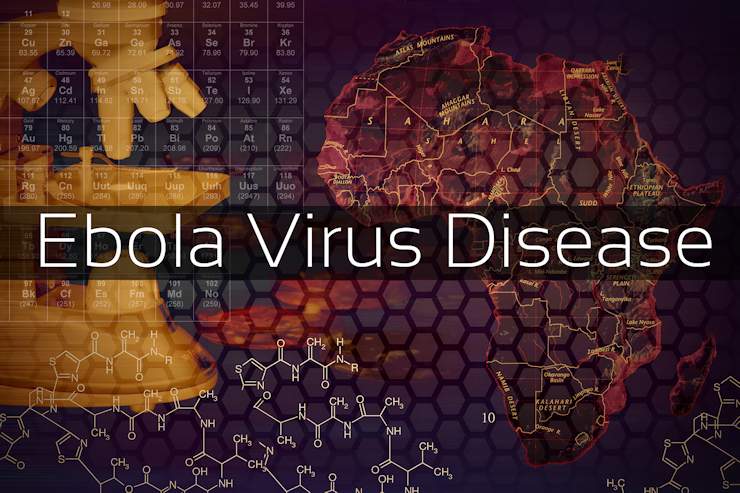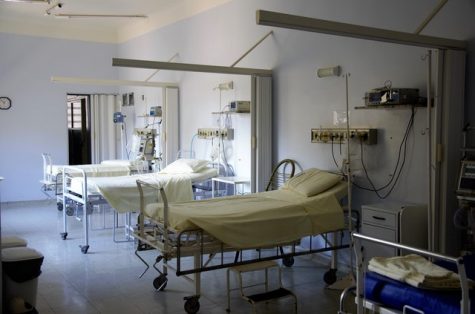Ebola – A Deadly Virus. Know The Facts!
Recently on the news, Ebola has been making headlines. The Ebola outbreak was recently in West Africa. This recent outbreak is, “The largest and most complex Ebola outbreak since the Ebola virus was first discovered in 1976.” According to World Health Organization, it also spread between countries, starting in Guinea and spreading across land borders to Sierra, Leone, and Liberia, by air (1 traveler only) to Nigeria, and by land (1 traveler) to Senegal.” Here in New York City, Dr. Craig Spencer was the first person who had the virus. According to CDC, “The New York City Department of Health and Mental Hygiene reported a case of Ebola in a medical aid worker who had returned to New York City from Guinea, where the medical aid worker had served with Doctors Without Borders. The diagnosis was confirmed by CDC on October 24, the patient has recovered and was discharged from Bellevue Hospital Center on November 11.” This probably caused some New Yorkers to freak out and panic. Some were probably very skeptical about the spread of the virus. Ebola can spread from human to human if there is direct contact through open skin, through blood, or other bodily fluids of the infected people, as well as surfaces and materials including bedding, and even clothing.
Another question or thought that may come to mind is what are the symptoms of Ebola? At first, you would be in incubation for 2-21 days, which means that you would be placed in isolation from the time you start experiencing any symptoms. The symptoms are fever, fatigue, muscle pain, headache, sore throat, vomiting, diarrhea, signs of a damaged kidney or liver, and even internal and external bleeding. This virus is damaging and if it is not addressed as fast as possible it can be deadly. Unfortunately, there are no cures for the virus. However, there are two vaccines that are still undergoing human safety testing.
Last but not least is prevention and control. One important way is raising awareness about the dangers of Ebola, and about the proper steps that can be taken to reduce human transmission, such as reducing the risk of human to human transmission from direct or close contact with people with Ebola symptoms, particularly with their bodily fluids. Gloves and appropriate personal protective equipment should be worn when taking care of ill patients at home. Regular hand washing is required after visiting patients in a hospital, as well as after taking care of patients at home. Outbreak containment measures include, promptly and safely burying of the dead, identifying people who may have been in contact with someone infected with Ebola, monitoring the health of contacts for 21 days, separating the healthy from the sick to prevent further spread, maintaining good hygienic and a clean environment. This advice was given by the World Health Organization. This virus is obviously not something that anyone would like to have, especially in a crowded city, that is why it is important to be prepared and to be well educated.











